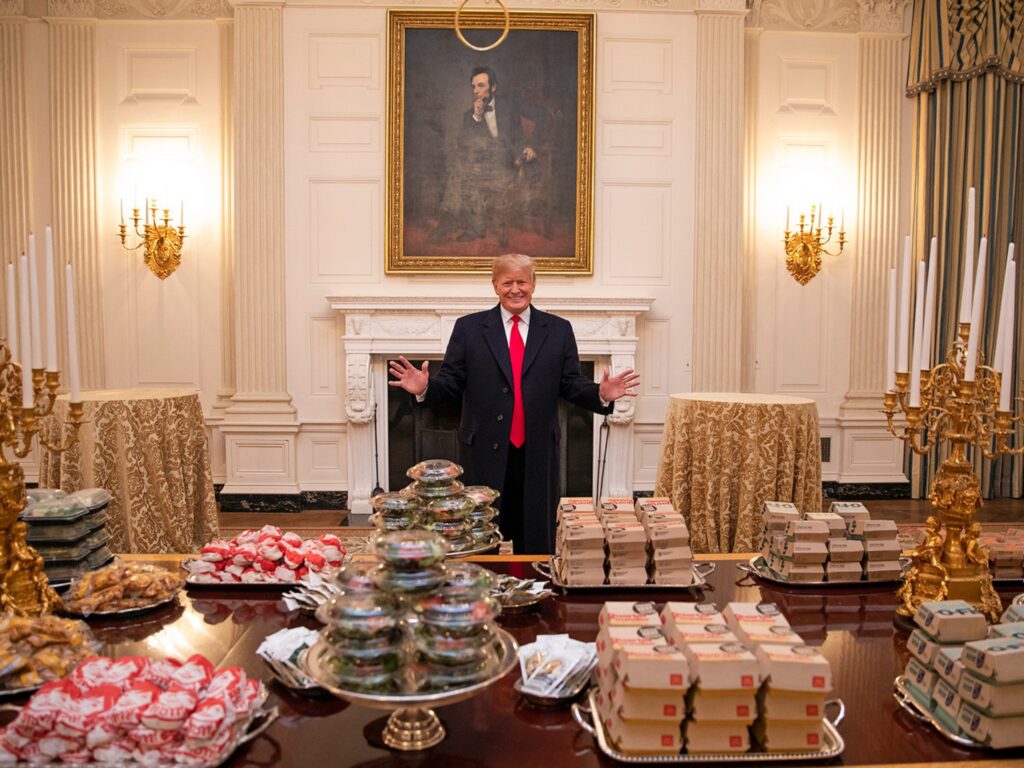Image Credit: Green Queen
Every week we track the business, tech and investment trends in CPG, retail, restaurants, agriculture, cooking and health, so you don’t have to. Here are some of this week’s top headlines.
A second Trump administration raises concerns about increased deregulation, weakened climate policies, and restrictions on climate-friendly foods, potentially impacting food tech and public health protections. Amid these political shifts, companies like SuperMeat continue advancing sustainable alternatives; SuperMeat’s 100% cultivated chicken has achieved price parity with premium poultry at $11.79 per pound.
In other news, we’ve wrapped the first season of our podcast in partnership with AgFunder: New Food Order, a nuanced investigation into the business of tackling our climate and social crises through food and agriculture. Read all about why we launched the podcast, and be sure to subscribe and share!
Our newsletter takes a lot of time and resources to produce. Make a one time or monthly contribution to help us keep it going. Whether it’s $5 or $500, every bit helps and shows us that you value our work.
Trump’s second term could mean weakened climate policies, heightened regulatory rollbacks, restrictions on climate-friendly foods, and reduced food assistance. The food sector faces instability amid intensified deregulation.
Trump’s second term may favor agribusiness, undermine public health, reduce farmworker protections, restrict food assistance, and sideline climate and equity initiatives at the USDA.
After Trump’s decisive win on Tuesday, everyone in the food world is trying to figure out what it all means. Here’s a rundown of what we know so far.
The company claims it can produce three pounds of cultivated meat — equal to the amount of edible meat from one chicken — in around two days.
Over a dozen development banks including the World Bank and the UN Green Climate Fund poured billions into animal agriculture last year, going against their own recommendations.
Swiggy has raised around $606m from a set of more than 75 anchor investors as part of its $1.35b initial public offering, as the Indian food delivery and quick commerce startup prepares for the country’s second-largest listing of the year next week.
Considering the future of hospitality under another Trump presidency.
Source link
Author Phoebe Tran




